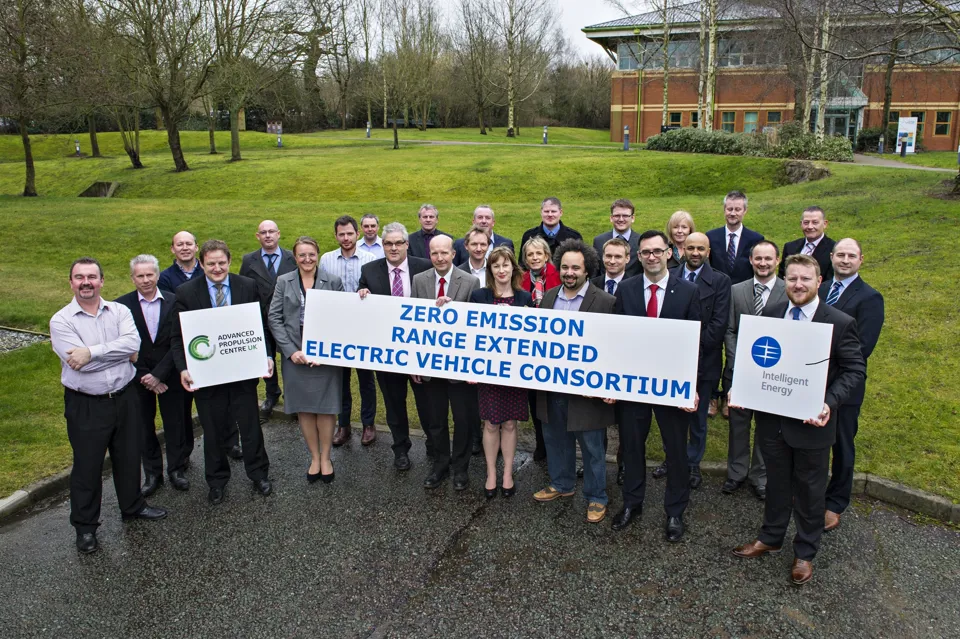Independent vehicle test and technology centre Millbrook will join a UK industry consortium to develop a new class of zero emission light commercial vehicle.
By integrating hydrogen fuel cell technology into battery electric vehicles, the consortium will deliver the capability to provide LCVs with significantly improved range and rapid refuelling.
The three-year project will develop validated systems and vehicle conversion expertise ready for volume manufacture.
It also aims to provide fleet operators with a solution that enables vehicle operation for extended periods while being emissions free at the tailpipe.
The consortium, led by energy technology group Intelligent Energy, will receive a £6.3 million grant from the APC as part of its £12.7m project. The other partners comprise Frost Electronics, Frost EV, CENEX, British Gas and DHL.
The collaborative project minimises technical and commercial risk by initially targeting captive and commercial fleet operators.
It will provide a package that can be integrated into vehicles as an end-of-line fitment at an OEM, or through a new-vehicle conversion facility, or by retro-fitting at approved centres.
Jonathan Eaton, chief commercial officer at Millbrook said: “With our vast expertise and more than 45 years’ experience in the test and development engineering of vehicles and vehicle systems we were keen to be an integral part of this innovative project.
“Our role is to integrate and fully validate the new class of range-extended electric vehicles and to design and package them for manufacture.
“Millbrook has an unrivalled reputation for repeatable and reliable test and validation, both in laboratories and on our unique and versatile test tracks, which include 70km of hill routes, high speed areas and challenging off road courses.”
Jon Beasley, director of technology and projects from the Advanced Propulsion Centre, located at the University of Warwick, said: “Our aim is to position the UK as a global centre for low carbon propulsion systems development and production.
“This consortium of British companies is helping the APC to deliver its aim with this innovative project that uses hydrogen fuel cell technologies. It has the potential to deliver a viable zero-emission vehicle for fleet operators around the world.”
Fuel cell systems can be used to increase battery electric vehicle range while maintaining zero emissions. The light commercial vehicle systems developed during this programme will offer operational advantages through increased access to restricted emission zones combined with faster refuelling times than battery pack recharging alternatives.
"The consortium will work in conjunction with a steering group including vehicle manufacturers, government agencies and major fleet operators."

















Login to comment
Comments
No comments have been made yet.